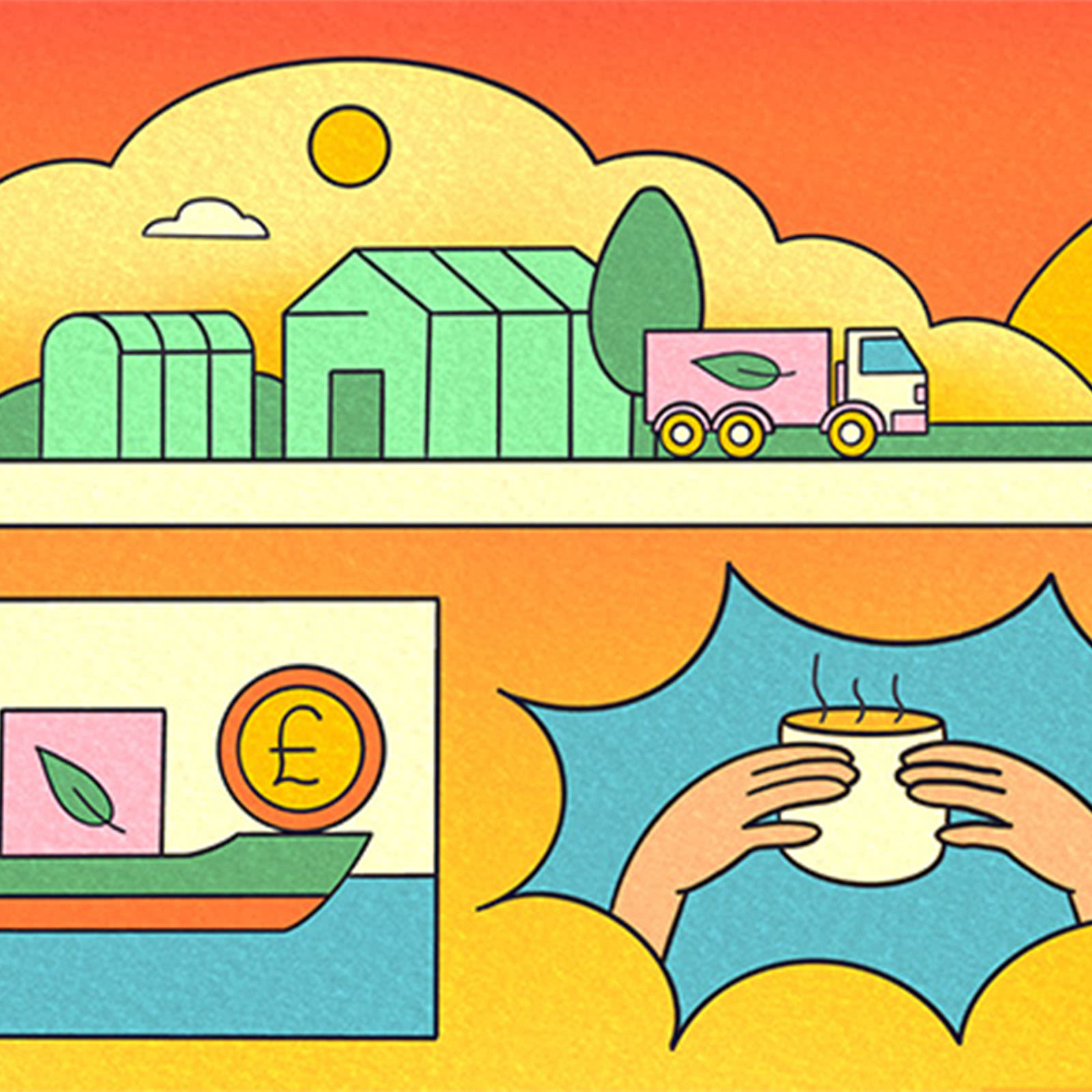
The idea
‘The origin of Lex is very much from a personal place. I came out later in life, in my mid 30s. I felt it was hard for me to access queer community. Also, it's a little intimidating. So, I turned to the internet to help me. I started an Instagram called Her Story – it was a place where I wanted to read and learn about about queer history. And then, along the way, I found these really cool magazines called On Our Backs, created by mostly queer women in San Francisco, and in the back of every issue were personal ads. The readers of the magazine wrote things like “looking for mostly hot sex”, but also friendships. These personals really inspired me.’
Research
‘I invited the followers of Her Story to write their own personals. I ended up finding product-market fit on Instagram, because I couldn't keep up with the amount of submissions coming in – it was very much me posting from 7am till midnight. We were posting 25 Instagram posts a day. I got to a place where I was like: I really want to build an app.’
First iteration
‘When it came to the first build of the product, it began with what I thought looked good. Starting out, when I built the MVP [minimum viable product], I had a friend who helped me design it. He was actually my old creative director at the magazine I worked for previously. I just needed help and to reach out to anyone that could help me.’
Launching
‘I found a really great engineer who's now our CTO. He reached out to me after reading about the Kickstarter campaign and wanted to help. So, together, very much as a side project, we launched our MVP in November 2019. And since we had the support of our Instagram community, right out of the gate, in the first month we had 40,000 downloads.’
Funding
‘I launched a Kickstarter [crowdfunding platform]. I remember thinking: “Oh shit, I'm really doing this now.” Running that campaign, which was for a month, we raised a little under $50,000. I also threw fundraising parties in Brooklyn and they were the most fun queer parties ever. Essentially, most people gave $5 to $20. In summer 2020, I raised my first pre-seed round of funding, so I have real investors behind us. We're really focused on hiring engineers this year, because we're in building mode. And then, next year, I'll be raising another round of funding.’

Product development
‘People began using [Lex] how they wanted to. It wasn't like they were only writing these romantic personals – some of my friends have found roommates through Lex. They were using it for so many other reasons than just dating. That's when it started to open my mind to what this could be. It's taken a couple years to really decide that we 100% want to focus on building a social network and letting go of the dating concepts, because it was too much to build both bands. I want people to use [Lex] when they're traveling, like: “I'm going to Los Angeles, where can I get the best tacos?” So that's our whole goal this year. As we're growing, we want to reach a bigger audience and that means a rebrand. The reason that we're doing a rebrand is because we're officially repositioning Lex – not as a dating product at all. We're building a clear social network. This is the way that people are already using [the app]. More people are using Lex to organize running groups, find people to hang out with and find new friends in a new city that they've moved to.’
Beta testers
‘There were different people that contributed to Kickstarter – and some would become beta testers [where a nearly finished product is evaluated by its target audience]. Now, we have a whole department that does user testing. Every single week, we talk to the community constantly. We have a community support person that shares on [messaging program] Slack user quotes and suggestions – we have these user tests three times a week with folks from the community and also people that don't know anything about Lex.’
Building a team
‘In 2020, I worked as an independent contractor – I had a lot of freedom. I didn't manage anyone, I was just my own person. And then, all of a sudden, I was a CEO and had to hire a full team. It was a lot to learn. Now that we're in this startup world, which I still rub against, we don't believe in a negative work culture – like hardcore working non-stop. I'm really focused on building our company culture. From the very first month, it was really important to me that everyone [who worked at Lex] had a healthy work-life balance. We don't work past six, we have the weekends off. We have every other Friday off. We have time to recover. I'm trying to build a really empathetic workplace, a place [where] I would want to work.’

This article was first published in Courier issue 48, August/September 2022. To purchase the issue or become a subscriber, head to our webshop.

